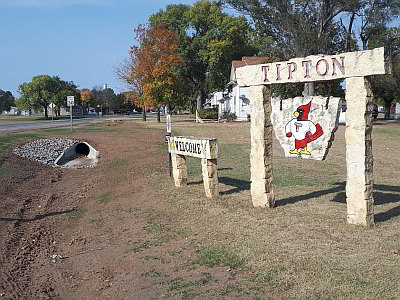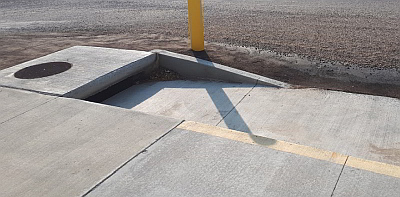Sharp Manufacturing, LLC Selected to Receive Engineering Services
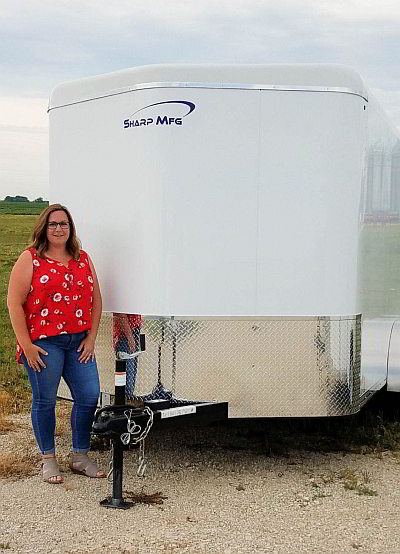
Heather Anderson, one of the owner/operators of Sharp Manufacturing, worked with Technology Development Institute to develop technical drawings of some of the company’s trailers. (Courtesy photo)
Over the past year, many businesses were forced to innovate, adapt or pivot operations. One North Central Kansas business took the opportunity to improve internal functions for manufacturing its trailer variations.
Sharp Manufacturing, LLC was selected to receive “no cost” engineering services through the Innovation Stimulus Program. The program provided support to innovators and manufacturers across the region that were negatively impacted as a result of the COVID-19 pandemic.
The Innovation Stimulus Program was a partnership between the Technology Development Institute (TDI) at Kansas State University and the NCRPC. It was made possible through funding from the U.S. Department of Commerce Economic Development Administration (EDA) through the CARES Act.
Located in Blue Rapids, Sharp Manufacturing, LLC manufactures and sells enclosed trailers through a 50-plus dealer network throughout the Midwest. The company’s product lineup includes more than 20 different sizes and models of trailers.
Sharp Manufacturing was one of three North Central Kansas businesses assisted through the Innovation Stimulus Program. Through the program, Technology Development Institute developed technical drawings of some of Sharp Manufacturing’s product lines. The goals were to increase consistency in fabrication and provide a resource for customers who choose to customize their trailer once purchased.
“Having this information will benefit the company both in terms of product quality and increased sales,” said Jeff Tucker, executive director of the institute. “We were excited to assist Sharp as we see this as a critical step in their future growth plans.”
Technology Development Institute created SolidWorks models of three different trailer widths as well as variations in length, height and number of axles. These models were used to create drawing packages and a bill of material for each trailer variation.
“Working with Jeff and his team through TDI was great,” said Heather Anderson of Sharp Manufacturing. “Getting our trailers into drawings has been something we’ve talked about for a while, we just didn’t have time to get the project complete. We now have the information needed to make modifications per customer request in a timely manner.”
Learn more about Sharp Manufacturing, LLC and Technology Development Institute.
This article appeared in the July 2021 NCRPC Newsletter.

 Two housing nonprofit organizations were launched in the region in 2018 with the purpose of helping to preserve and strengthen housing in North Central Kansas. That mission continues today.
Two housing nonprofit organizations were launched in the region in 2018 with the purpose of helping to preserve and strengthen housing in North Central Kansas. That mission continues today. Currently Available: Dickinson County Home Ownership Program
Currently Available: Dickinson County Home Ownership Program The NCRPC is updating its regional Comprehensive Economic Development Strategy (CEDS) and needs your help. We invite you to take a short survey if you live or work in North Central Kansas — including the counties of Clay, Cloud, Dickinson, Ellsworth, Jewell, Lincoln, Marshall, Mitchell, Ottawa, Republic, Saline and Washington.
The NCRPC is updating its regional Comprehensive Economic Development Strategy (CEDS) and needs your help. We invite you to take a short survey if you live or work in North Central Kansas — including the counties of Clay, Cloud, Dickinson, Ellsworth, Jewell, Lincoln, Marshall, Mitchell, Ottawa, Republic, Saline and Washington.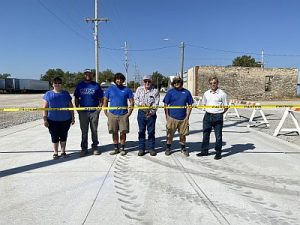
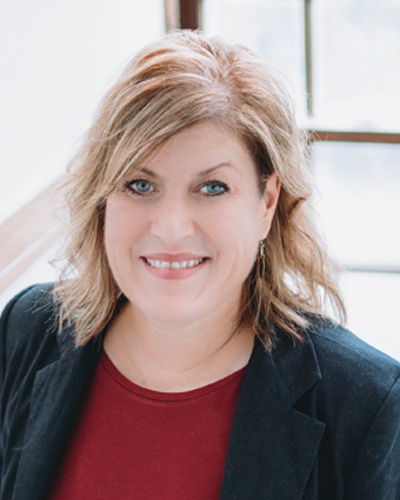
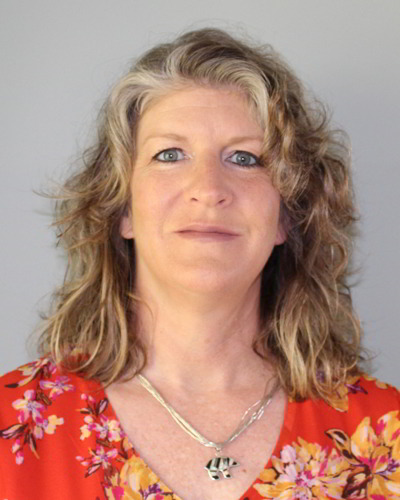
 Two high school seniors in North Central Kansas are being recognized with the John R. Cyr Rural Voices Award for submitting the top entries in the 2020-2021 Rural Voices Youth Contest sponsored by the NCRPC.
Two high school seniors in North Central Kansas are being recognized with the John R. Cyr Rural Voices Award for submitting the top entries in the 2020-2021 Rural Voices Youth Contest sponsored by the NCRPC. “As with all rural populations we face challenges that will test the progression of our community. However, we are blessed with strong community leadership, generational visionaries, and passionate citizens who are dedicated to the continued advancement of our small but mighty community. My vision of 2030 is following the road back home and leading my generation through the same continued excellence.”
“As with all rural populations we face challenges that will test the progression of our community. However, we are blessed with strong community leadership, generational visionaries, and passionate citizens who are dedicated to the continued advancement of our small but mighty community. My vision of 2030 is following the road back home and leading my generation through the same continued excellence.”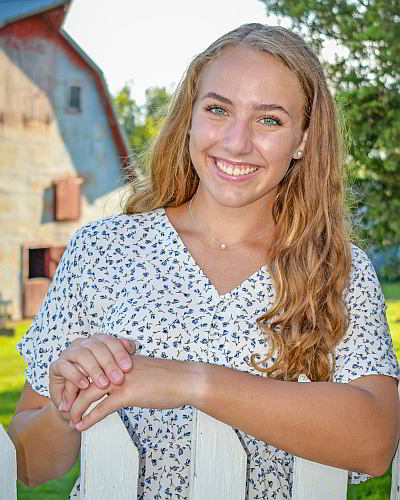 “I’ve enjoyed every moment of growing up in a small town, which is why it was so important that others understand that rural Kansas has so many opportunities for people to be successful and thrive. We need to protect our rural communities and give them the chance to prosper so they can do the same for future generations.”
“I’ve enjoyed every moment of growing up in a small town, which is why it was so important that others understand that rural Kansas has so many opportunities for people to be successful and thrive. We need to protect our rural communities and give them the chance to prosper so they can do the same for future generations.”